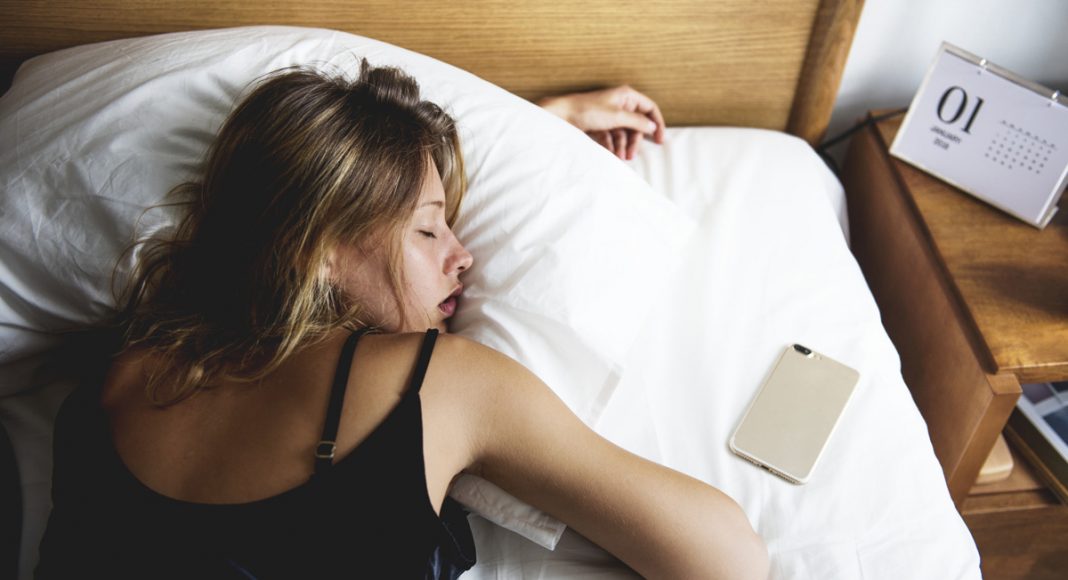Tips to make your dreams come true for a good night’s sleep and good morning
Occasionally being tired is part of life. New babies, great parties, bing watching, late flights or just plain old can’t sleep. But if you have too many of these kind of nights, or nights where your rest is interrupted, you may become a victim of an even worse longterm consequence: insomnia. So, dreaming of a good night’s sleep? Here are some tips.
The National Heart, Lung and Blood Institute shares Sleep deficiency is linked to many chronic health problems, including heart and kidney disease, high blood pressure, diabetes, stroke, obesity and depression. Sleep deficiency is also linked to a higher chance of injury in adults, teens, and children.
Aside from the medical side did we mention not feeling good, being crabby and putting a serious cramp into your social life is also a side effect?
Here are 5 (mostly) easy ways to improve your sleep.
Cut out stimulants
Love your coffee and smokes? You might want to cut back. While not an easy ask, giving up cigarettes and coffee may be necessary for a good night’s rest if you’re having issues falling asleep. Some people see it as to get through their day, but at night, they’re both disastrous when bedtime rolls around. At the very least, try cutting them out after lunch and see if it helps.
-
Related Story: A Look At The Mental Effects Of Coffee, Wine and Cannabis
Caffeine can stay in your body for as long as 14 hours. The Mayo Clinic also says it may increase the amount of times you wake up during the night and decrease the amount of good sleep you get. Experts advise taking your last sip of coffee no later than noon.

Set a bedtime and stick to it
Your body loves routines, eating, working out, and also sleeping. Just like anything else, your body has to do something enough that it becomes a habit. By going to bed at the same time every night, you’ll train your body to re-set its sleep pattern. Your circadian rhythm, or biological clock, regulates your body’s day and night processes over 24 hours. Waking up and going to sleep at the same time every day reinforces your circadian rhythm and helps your body run efficiently. You’ll likely find that you even get up earlier on weekends but feel more rested.
Workout
Adding a good gym workout or even long walk to your daily routine will not only help you fall asleep, it will improve your quality of sleep. According to the Sleep Doctor:
In addition to improving the quality of sleep, exercise also can help you increase the duration of your nightly rest. Being physically active requires you to expend energy, and helps you feel more tired and ready to rest at the end of the day. Research indicates that exercise—in particular, regular exercise that’s part of a consistent routine—can help boost sleep duration, in addition to sleep quality.
A regular exercise routine can also help relieve stress and anxiety, which is often the culprit of a “toss and turn” kind of night. Says the Sleep Doctor, “just 5 minutes of exercise can trigger anti-anxiety responses in the body. Mind-body exercise such as yoga can help quiet the parasympathetic nervous system, which can help you relax.”
https://giphy.com/gifs/tired-goodnight-nap-HwmDZaI4YEeZ2
Medical marijuana
According to Dr. Tishler, prescription medications are usually only effective in treating the physiological causes of insomnia, not the wellness associated with both body and mind.
-
Related Story: How Medical Marijuana Can Improve The Quality Of Your Sleep
The benefits of using medical marijuna go far beyond extending the duration of sleep, which is merely one component of feeling well-rested, including:
Improved sleep hygiene.
Sleep hygiene refers to your quality of sleep (and the habits which contribute toward it, such as avoiding caffeine). Many users of medical marijuana report experiencing deeper, more satisfying sleep with fewer interruptions from waking in the middle of the night.
Decreased sleep latency.
Sleep onset latency (SOL) is how long it takes for a person to fall asleep from a state of total wakefulness. Marijuana can decrease SOL so that you fall asleep in a matter of minutes rather than hours.
Lack of “hangover” or impaired memory.
Many insomnia sufferers have experimented with alcoholic “nightcaps” before bed in an effort to fall asleep faster. However, this often proves counter-productive, as drinking before bed can cause you to wake feeling groggy, disoriented, headache-y, and poorly-rested. Similarly, many who use conventional sleep aids, have found themselves subject to morning fuzzy-headedness and even loss of short-term memory. Marijuana does not produce unpleasant hangover effects, though patients are advised to stay well-hydrated.
Unplug
This may seem like a no brainer, but turning off your electrical devices before bedtime can help you sleep. The blue glow of an iPhone, laptop, or iPad can slow down the production of the sleep hormone melatonin. According to a 2015 study:, the use of these devices before bed also reduces alertness the following morning.
Use of light-emitting devices immediately before bedtime also increases alertness at that time, which may lead users to delay bedtime at home. Overall, we found that the use of portable light-emitting devices immediately before bedtime has biological effects that may perpetuate sleep deficiency and disrupt circadian rhythms, both of which can have adverse impacts on performance, health, and safety.
So, give your device a rest so you can finally get some.
https://giphy.com/gifs/phone-bed-blink-8iFqYo6KB4yLC


